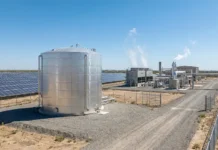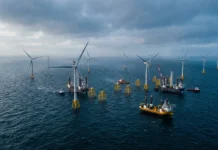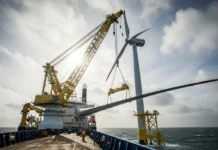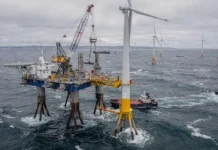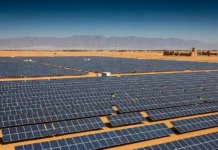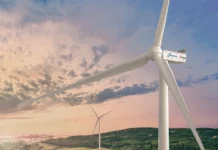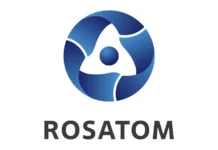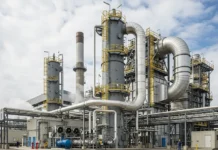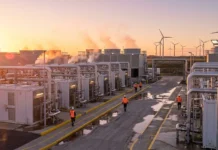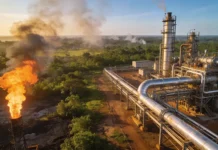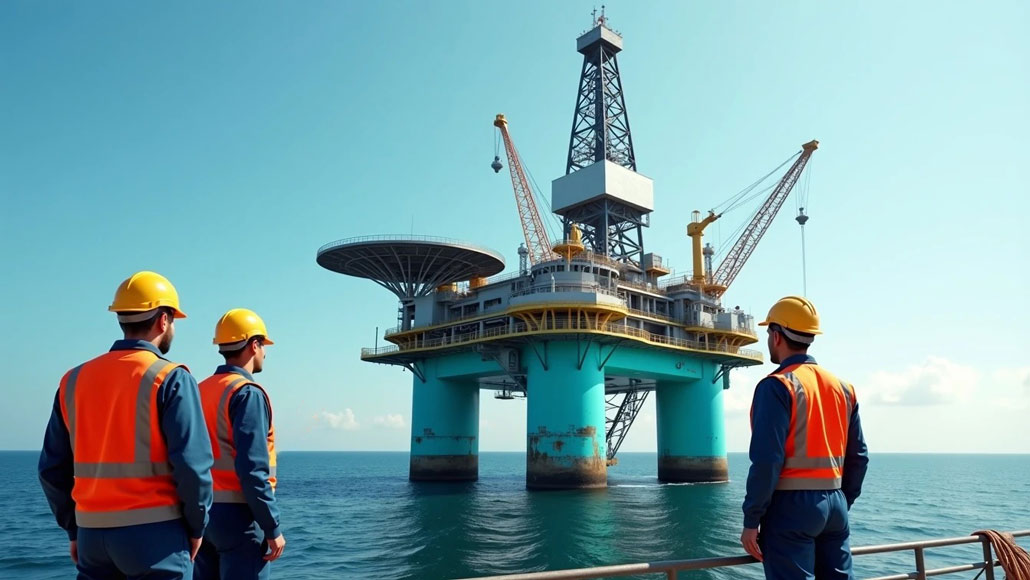Egypt entered into four new oil and gas exploration deals with foreign operators, together worth more than $340 million (E£16.52 billion). The deals mark a decisive step in the country’s strategy to expand domestic production capacity while addressing the continued rise in national energy demand.
The Egypt oil and gas exploration agreements, announced by the Ministry of Petroleum, cover offshore areas in both the Mediterranean and the Nile Delta. Under the terms, companies are committed to drilling a total of 10 new wells, with the contracts managed through the state-owned Egyptian Natural Gas Holding Company (EGAS).
Among the signatories, Shell International has taken the largest position, securing a $120 million (£88.7 million) agreement for exploration in the Merneith offshore concession of the Mediterranean, which includes three wells. Italian major Eni followed with a $100 million (€85.31 million) contract focused on the East Port Said offshore block, also involving three wells. Russia’s Zarubezhneft entered with a $14 million (Rbs1.13 billion) commitment to the North Khatatba concession in the Nile Delta, where four wells will be drilled. In parallel, Arcius Energy, a joint venture between BP and ADNOC’s investment subsidiary XRG, pledged $109 million for exploration in the North Damietta offshore zone.
These Egypt oil and gas exploration contracts arrive at a pivotal juncture. The country is contending with reduced output from mature gas fields, combined with surging electricity demand and regional pressures that continue to affect the energy market. To offset these challenges, the Ministry of Petroleum has underscored that the new projects form part of a broader policy designed to expand exploration, stabilise domestic supply, and reinforce Egypt’s standing as a regional energy hub.
In addition to these agreements, Egypt concluded arrangements in June to purchase between 150 and 160 shipments of liquefied natural gas (LNG) through 2026. This procurement programme, estimated at more than $8 billion at prevailing market levels, is intended to meet rising power demand and provide an added layer of security to the country’s evolving offshore energy strategy.







